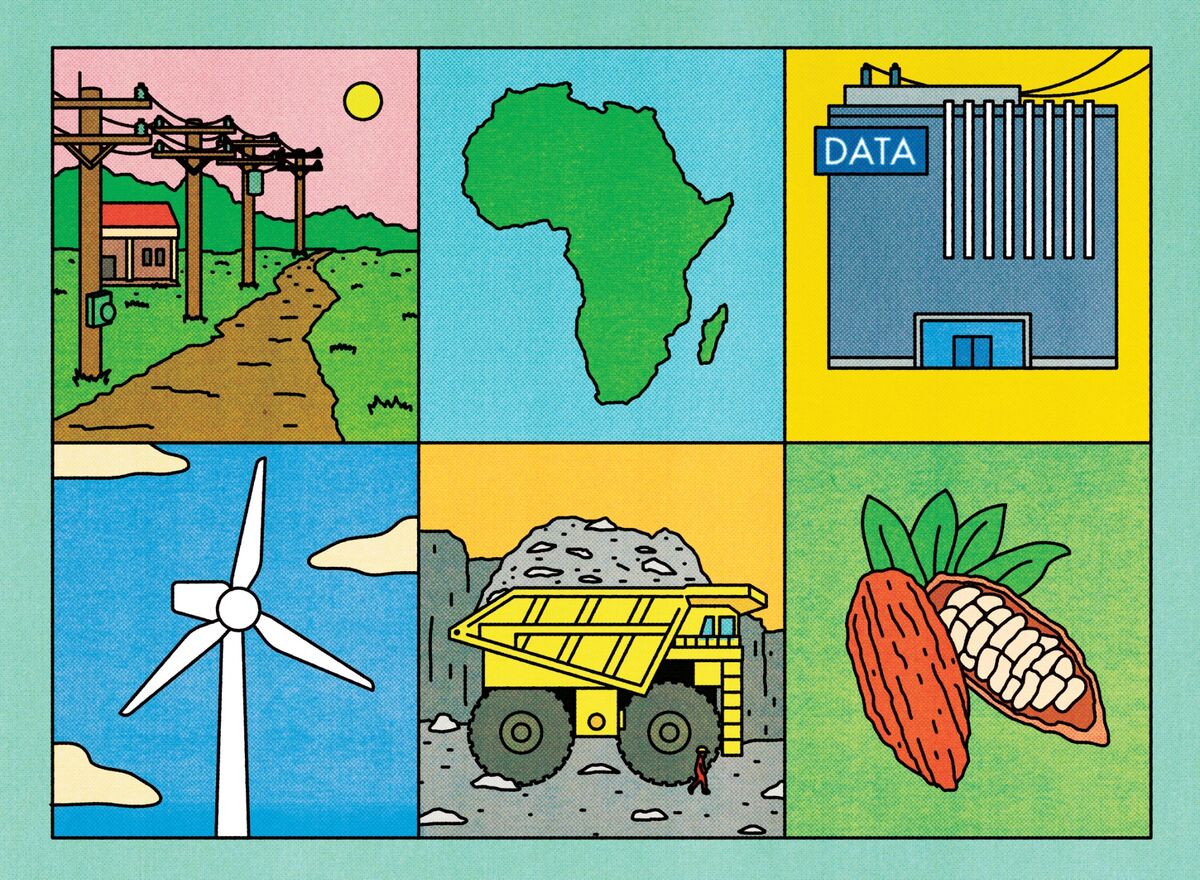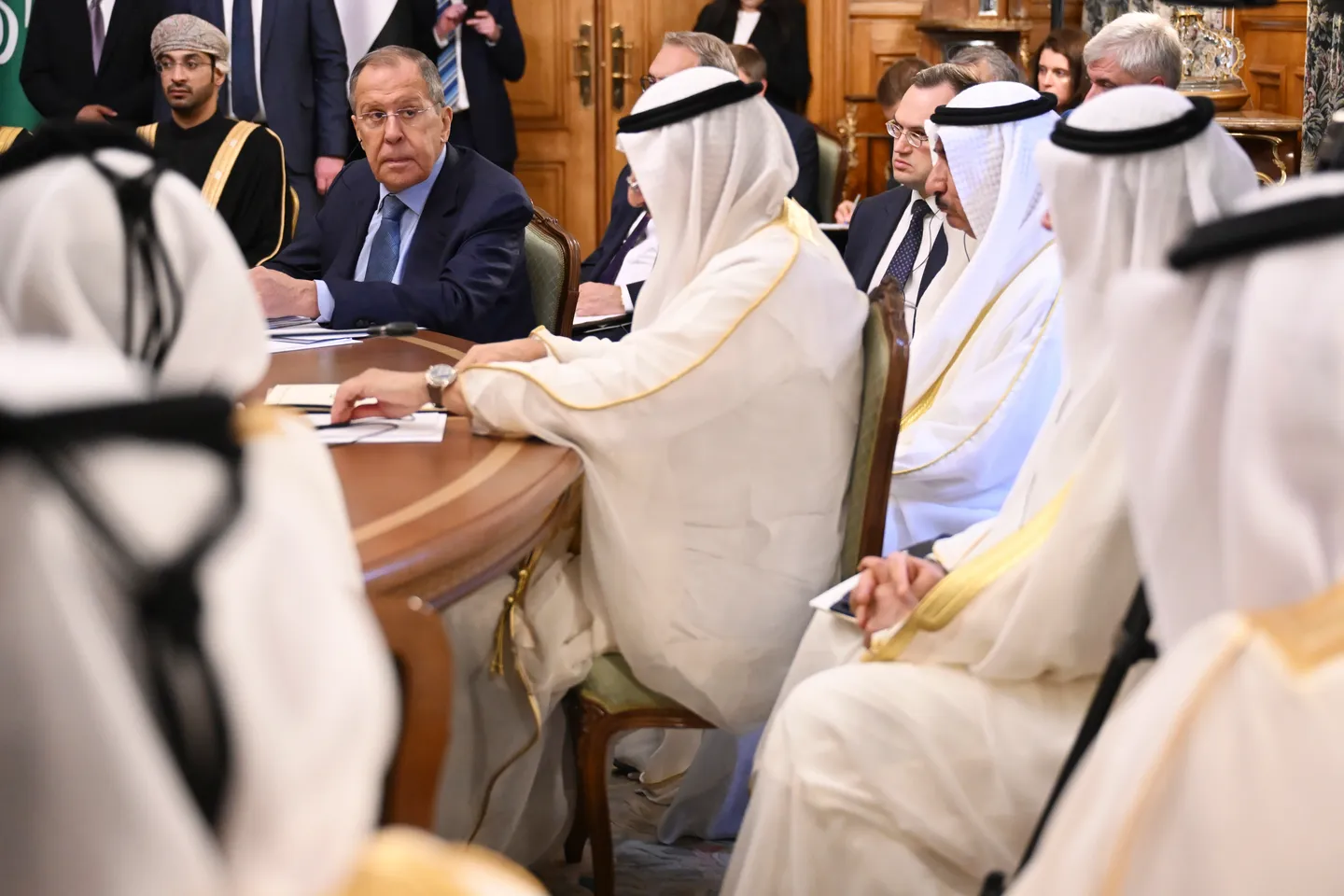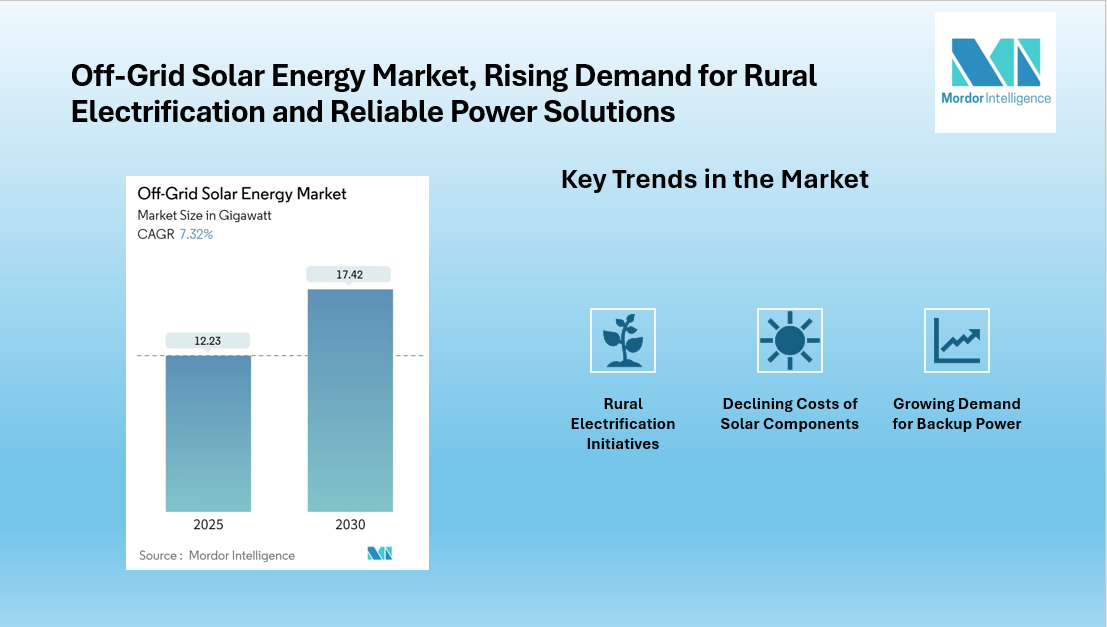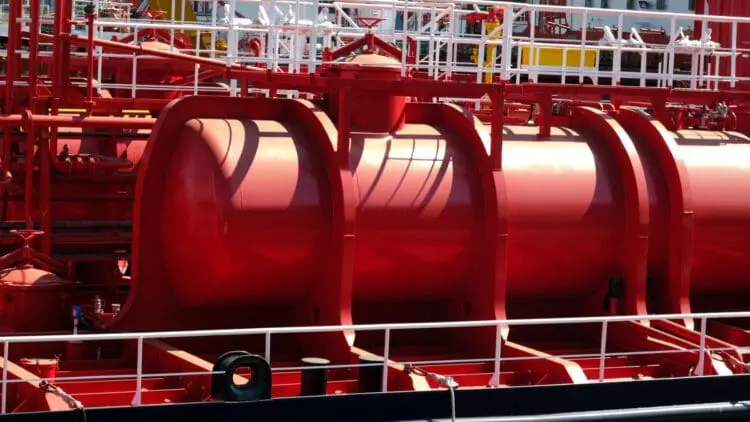Energy Markets

Oil falls as traders fret about oversupply
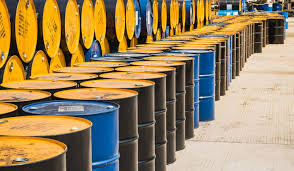
Oil prices slipped on Tuesday as investors read Opec+’s decision to pause output hikes in the first quarter as a signal of oversupply in the market.
Brent crude futures fell 15c, or 0.2%, to $64.74 a barrel by 4.05am GMT. US West Texas Intermediate (WTI) crude was down 14c, or 0.2%, at $60.91 a barrel.
On Sunday, oil cartel Opec and its allies, known as Opec+, agreed to a small oil output increase for December and a pause in increases in the first quarter of next year.
Opec+ has raised output targets by about 2.9-million barrels a day — or around 2.7% of global supply — since April, but slowed the pace from October amid predictions of oversupply.
“[The] market may see this as the first sign of acknowledgment of potential oversupply situation from the Opec+ front, who have so far remained very bullish on demand trends and ability of market to absorb the extra barrels,” said Suvro Sarkar, energy sector team lead at DBS Bank.
The bosses of some of Europe’s biggest energy producers on Monday, however, challenged forecasts of an oil supply glut next year, pointing to increasing demand and easing production. The US department of energy’s deputy secretary, James Danly, said he does not think there will be an oil glut in 2026.
The decision by Opec+ to keep output targets steady came after Russia lobbied for the pause because it would struggle to increase exports due to Western sanctions, four Opec+ sources said.
In October, both the US and Britain imposed sanctions on Russia’s two major oil companies, Rosneft and Lukoil.
JPMorgan said in a note that “our oil strategists maintain their view that while the risk of disruption has increased, US measures, along with complementary actions by the UK and EU, will not prevent Russian oil producers from operating”.
Despite the current dip in oil prices, the sanctions could continue providing some price support in the near term, said independent analyst Tina Teng.
Market participants are now waiting for the latest US inventory data from the American Petroleum Institute (API), due later in the day, for more trading cues. A preliminary Reuters poll showed US crude oil stockpiles were expected to have risen last week.





